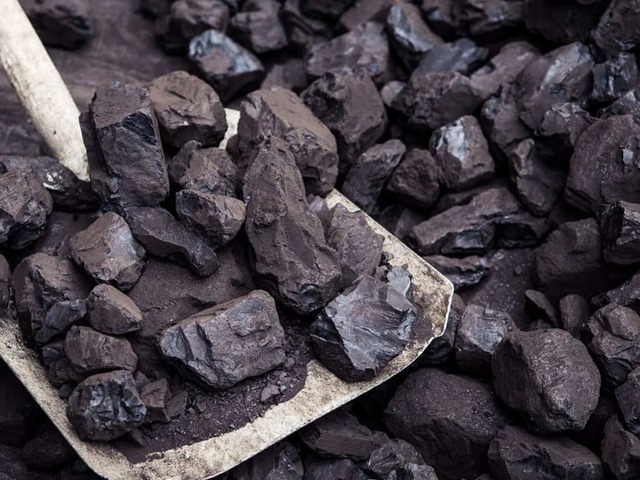Indian buyers are increasingly making space for thermal coal sourced from non-traditional destination Mozambique, as prices have been largely competitive compared with South African or Australian coal, market sources told S&P Global Commodity Insights.
The thermal coal volume traded between Mozambique and India for November and December has been comparable with volumes sourced from South Africa.
Close to 600,000 mt thermal coal was traded from Mozambique to India in November and 3.7 million mt have been traded to India so far in the year. In comparison, 1.3 million mt thermal coal came from South Africa to India in November, according to S&P Global data and similar indications from market participants.
In 2021, 2.5 million mt Mozambique-origin coal reached Indian shores.
The development comes at a time when India’s coal trade with Russia has witnessed a slight decline over the last couple of months due to logistical issues and decent domestic production.
“For a cost conscious country like India, it makes sense to source material from anywhere which is cheaper and still meets its requirements. Moreover, the Mozambique coal is similar in many aspects to a high-CV coal,” a trader said.
Other traders said the coal was being mostly used by cement companies and chemical industries, with a significant uptake from the power producing companies as well.
The Mozambique coal, typically loaded from the Maputo port, has high sulfur content and comes in a near-powder form, making it unacceptable for sponge iron and metal industries, sources said.
“Cement companies can use the coal from Mozambique because of the higher sulfur content and it is a good alternative to petcoke,” an India-based trader said.
Quality, price competitiveness
Compared with the 5,500 kcal/kg NAR coal from South Africa loaded from Richards Bay, or the high-ash coal loaded from Newcastle, Australia, the coal from Mozambique has a grade range of 5,800 kcal/kg to 6,000 kcal/kg NAR.
“The buyers in India can switch grade and origin of the fuel quickly if it can be used in their industry and if the price is competitive. Many users blend their fuel and use it because in India price competitiveness is the number one factor,” another India-based trader said.
Mozambique-origin 6,000 kcal/kg NAR coal was priced around $167-$175/mt CFR West India. In comparison, the 6,000 kcal/kg NAR Richards Bay coal was at $205/mt and the 5,500 kcal/kg NAR Newcastle coal was at $140-$150/mt, according to data from S&P Global.
The weak demand for Russian thermal coal was because of the alternative availability from Mozambique and supply tightness for Russian coal, market sources said, adding that power plants were using the Mozambique-origin coal by blending it with the Indonesian fuel.
Using the coal directly may be difficult due to its low volatile matter but large companies in India are using the fuel in power plants, a third India-based trader said.
India typically imports 150 million-180 million mt of thermal coal in a year, apart from the 750 million-800 million mt it produces. The country has been beefing up domestic production to meet growing energy needs and insulate itself from rising volatility in global coal prices — a phenomenon widely seen after the pandemic and the Russia-Ukraine war.
India’s coal imports in October fell 20% year on year to 17.32 million mt, while imports over April-October were 14% higher at 149.23 million mt. Meanwhile, November output rose 12% year on year to 76 million mt.
Coal minister Pralhad Joshi said in July that production was likely to surpass 920 million mt in fiscal year 2022-23 (April-March), which would record an annual growth of 18%. India aims to increase domestic production to 1.2 billion mt by FY 2023-24.
Source: Hellenic Shipping News






